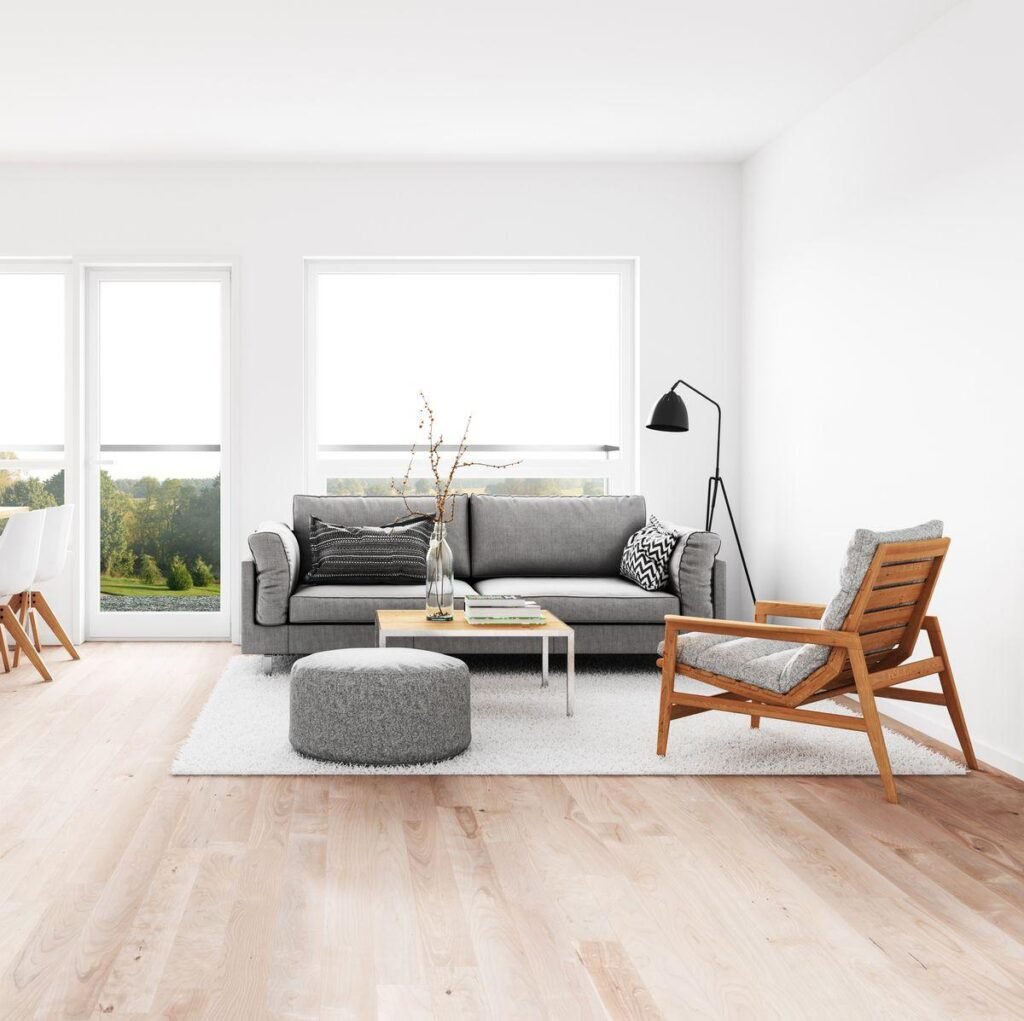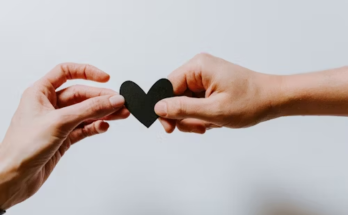
Minimalism goes beyond simply decluttering your closets, cupboards, and garage. It involves actively selecting to let go of things that do not add value while keeping only what has real meaning in life.
Reducing consumption means prioritizing high-quality items that will stand the test of time over quick fixes such as cheap e-pianos. Focus on sustainable fashion and furniture over throwaway purchases.
What is minimalism?
Minimalism is a lifestyle in which we deliberately decrease our possessions to what really matters to us, be it clothing, home furnishings, tools, electronics, relationships, hobbies, or our daily routine.
Careful consideration must go into adopting a minimalist lifestyle, as you need to ensure that all items you choose to keep bring you true satisfaction and joy. If you require assistance in commencing, dedicating some time to delve into your personal values and identify the aspects of minimalism that most resonate with you can assist you in adhering to your philosophy and avoiding hasty attachments to insignificant items.
Minimalism provides you with the space and time needed to pursue your artistic interests without feeling overwhelmed by unnecessary clutter. By purchasing fewer things of higher quality that last longer, minimalism helps you be more mindful about spending habits and reduce wasteful spending habits that don’t contribute to wellbeing.
Many who opt to live a minimalist lifestyle find they become more organized both physically and emotionally, leading to improved productivity, increased achievement and self-worth, and decreased stress levels due to being less distracted by unnecessary objects.
Implementing a minimalist lifestyle can greatly enhance your quality of life, giving you more time for what matters to you and allowing you to make greater life changes, such as moving to a different city or starting a business.
Minimalism can also save money by helping you avoid unnecessary purchases and sell unwanted items. Furthermore, minimalism is an ideal way to declutter your home or workspace and make it more inviting.
Why do I need to be a minimalist?
Many beginners mistake minimalism for being an exclusive lifestyle that requires strict rules and restrictive habits. Instead, minimalism starts with your mindset and gradually becomes a set of habits and principles that fit seamlessly into your unique life.
Minimalism is all about finding and prioritizing what truly matters to you, such as having a clean home without clutter, spending more time on meaningful projects, or strengthening relationships, in order to remove anything that depletes energy or brings no joy into your daily life. Doing this will bring more freedom, space, and peace into your daily existence.
Adopting minimalist values often results in profound shifts in how people view their possessions, as letting go of items that don’t bring joy can transform your home and reveal more about who you are as an individual. Your home can become one of your most personal spaces, offering insights into who you are as an individual.
Minimalism can help create a healthier financial outlook by cutting back on spending on things that don’t bring joy; the extra funds can then be invested into experiences or activities that enrich life and bring greater fulfillment.
For example, if you are a pianist, investing in a grand piano that will deepen and enrich your practice is far less wasteful than buying cheap tweezers that won’t help improve your playing any further.
Be sensitive to those in your life who might resist minimalism and refrain from making judgmental remarks. Your family and friends may require some time to adjust, but if you can show them how living with fewer possessions can be freeing and enjoyable, they might be more inclined to give it a try themselves.
How can I be a minimalist?
Minimalism encompasses more than just your physical space; it’s a holistic lifestyle that also includes clearing away mental and emotional clutter.
If you want to become a minimalist, start by clarifying your values. This will allow you to craft an accessible vision for your life while making decisions that support your goals.
As you start downsizing, you may discover that as your possessions decrease, it frees up space in your mind for new experiences such as travel, hobbies, or spending quality time with family. Prioritizing these experiences over buying things can make you a true minimalist.
Once you’ve established your values, the next step in decluttering and organizing is to declutter and organize your home. Though initially it can seem daunting, over time the task becomes easier with practice. When starting minimalism, don’t feel pressured to be perfect; take breaks as needed!
As you streamline your life, be sure to select the appropriate tools. Avoid cluttering up your space with items you won’t use or need; quality should always come before quantity here. Investing in items you know will serve their purpose efficiently is the way forward!
One way to determine whether something is worth keeping is to put it aside for one month and wait and see whether you still require it; if that’s the case, keep it. Otherwise, let go.
To gain motivation, learn from those who live a minimalist lifestyle. They may provide invaluable insight into its benefits and drawbacks, so feel free to ask them any relevant questions about life as a minimalist. Furthermore, they may provide beginner minimalism tips that will help you get started on your own journey.
Keep in mind that minimalism isn’t a lifestyle you need to “master,” but rather an approach you can keep refining throughout your life. From changing jobs, becoming parents, or moving houses, minimalism can help keep us focused on what’s truly essential and help us adapt quickly as life evolves around us.
How Can I Get Started?
Start living minimalistically today by making small adjustments in your daily routine. Begin by discarding items you no longer require or use. Once you complete this step, focus on simplifying other aspects of your life, like cooking; opt for quick and simple recipes instead!
Spending habits are another aspect to review. Minimalism can help save you money by teaching you to only purchase those things that add true value. This can be an invaluable way to reach financial goals such as saving for a home or a retirement fund.
Once you’ve begun incorporating minimalism into your life, be sure to share it with others! However, take care not to lecture or judge those who may not share your sentiments; simply tell them you’re excited about this change and proud of your progress; they may see how beneficial minimalism has been in your own life and be inspired to give it a try themselves!
When discussing minimalism with others, it’s essential to keep in mind that everyone has different needs and priorities. Minimalism may be particularly useful for creative types who wish to pursue their passions; on the other hand, it may not be relevant for someone simply looking for fun activities.
Minimalism can also help foster an enhanced sense of self-reliance. By learning to rely on yourself and your abilities rather than material possessions, minimalism can strengthen your resilience when confronted with difficult times such as job searches or financial struggles. As you become more independent, you’ll make better decisions regarding the future and gain confidence in your ability to succeed, leading to a more fulfilling career, stronger relationships, and a healthier lifestyle overall.




